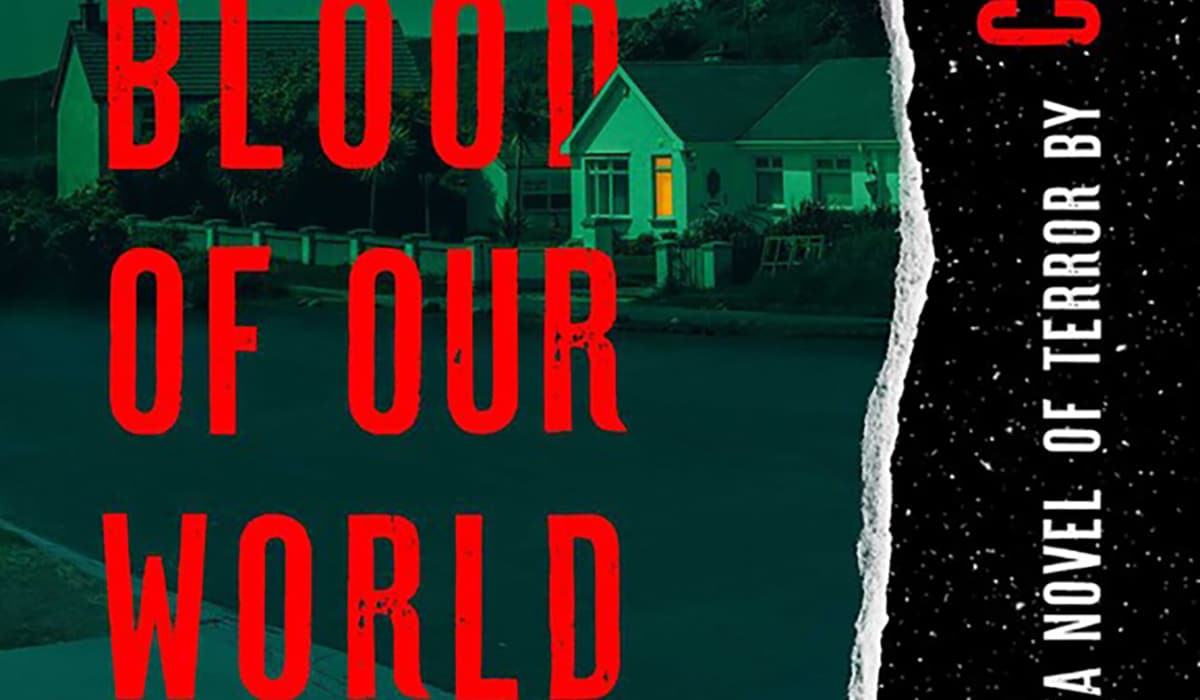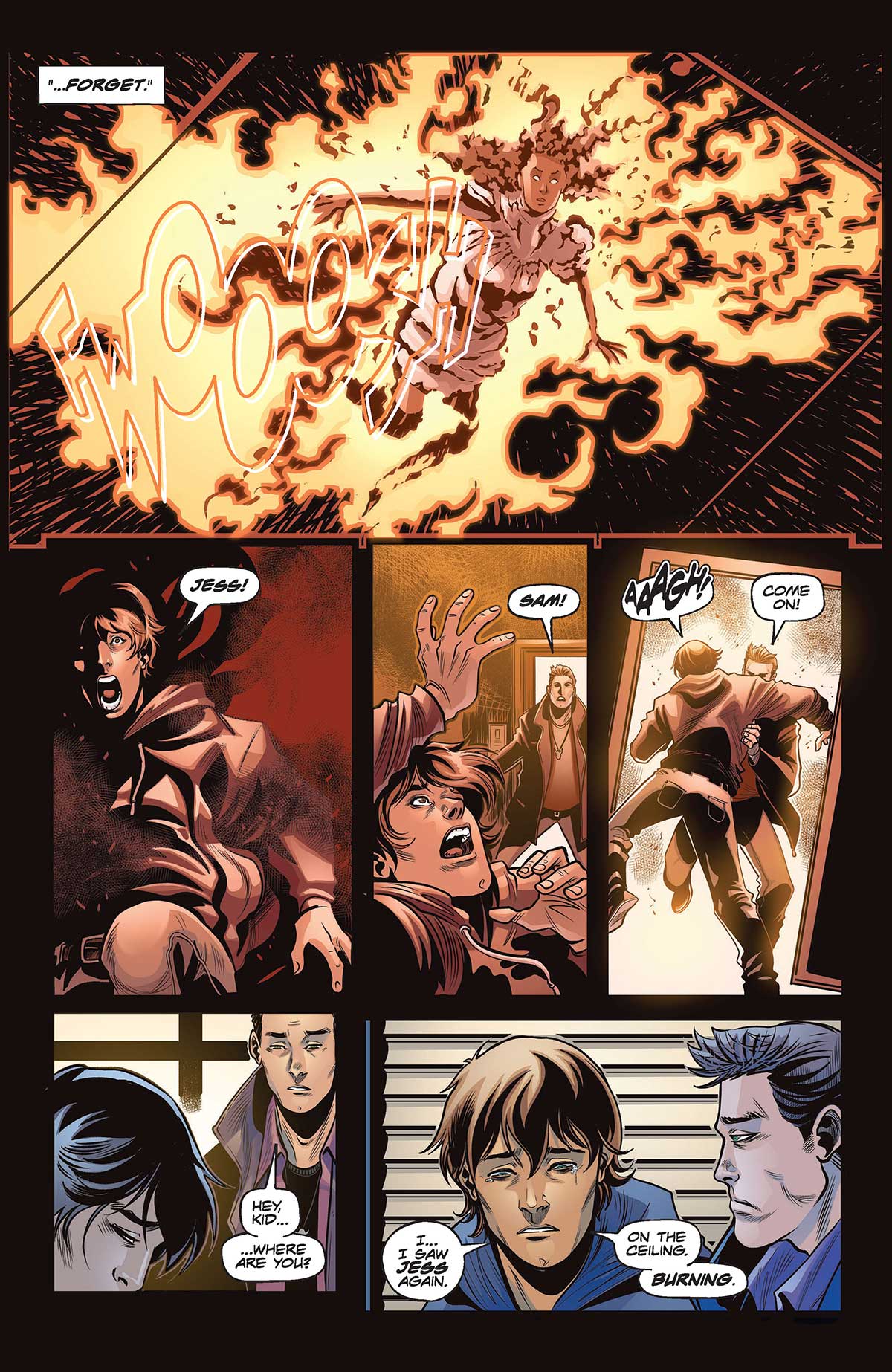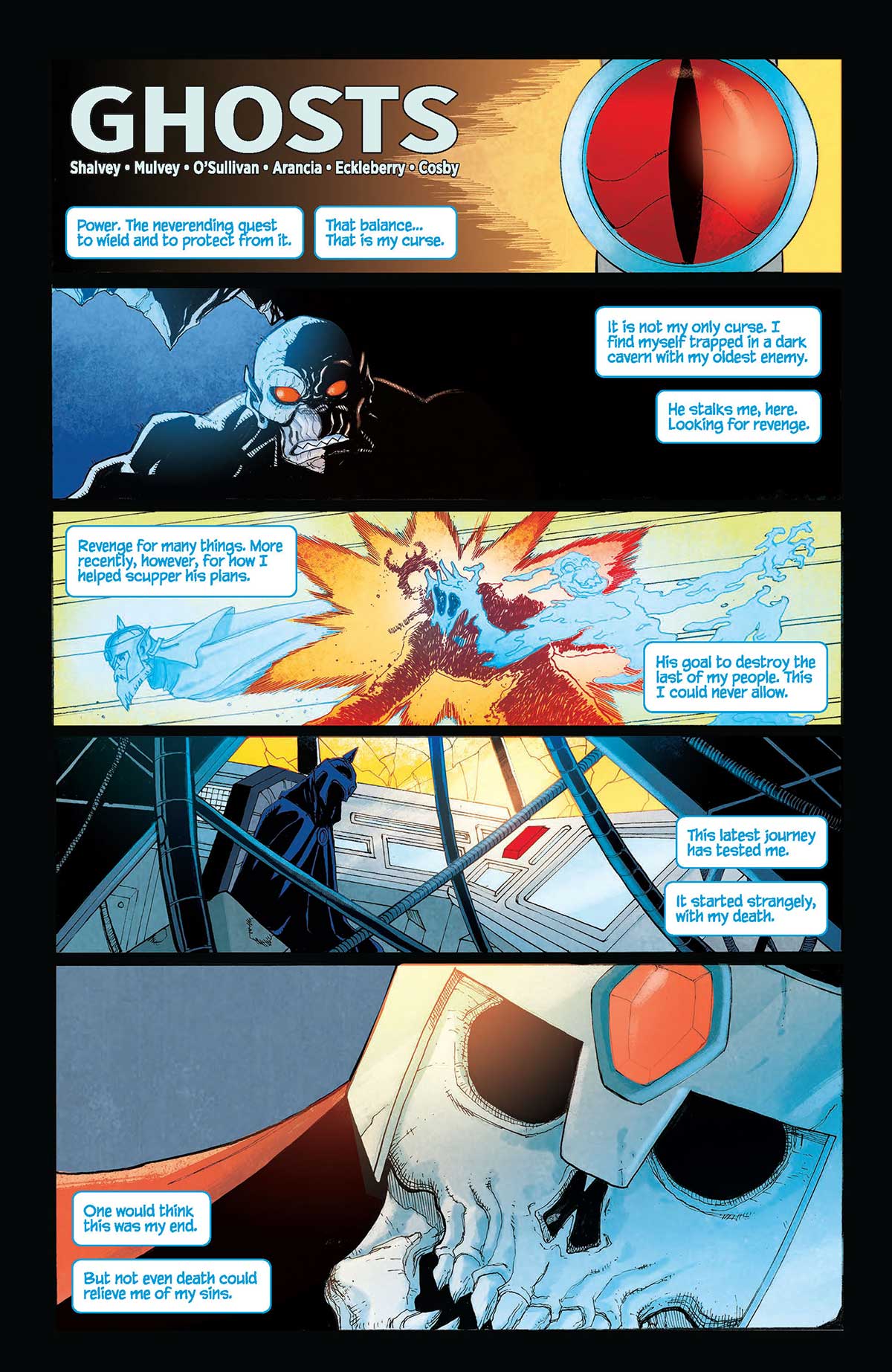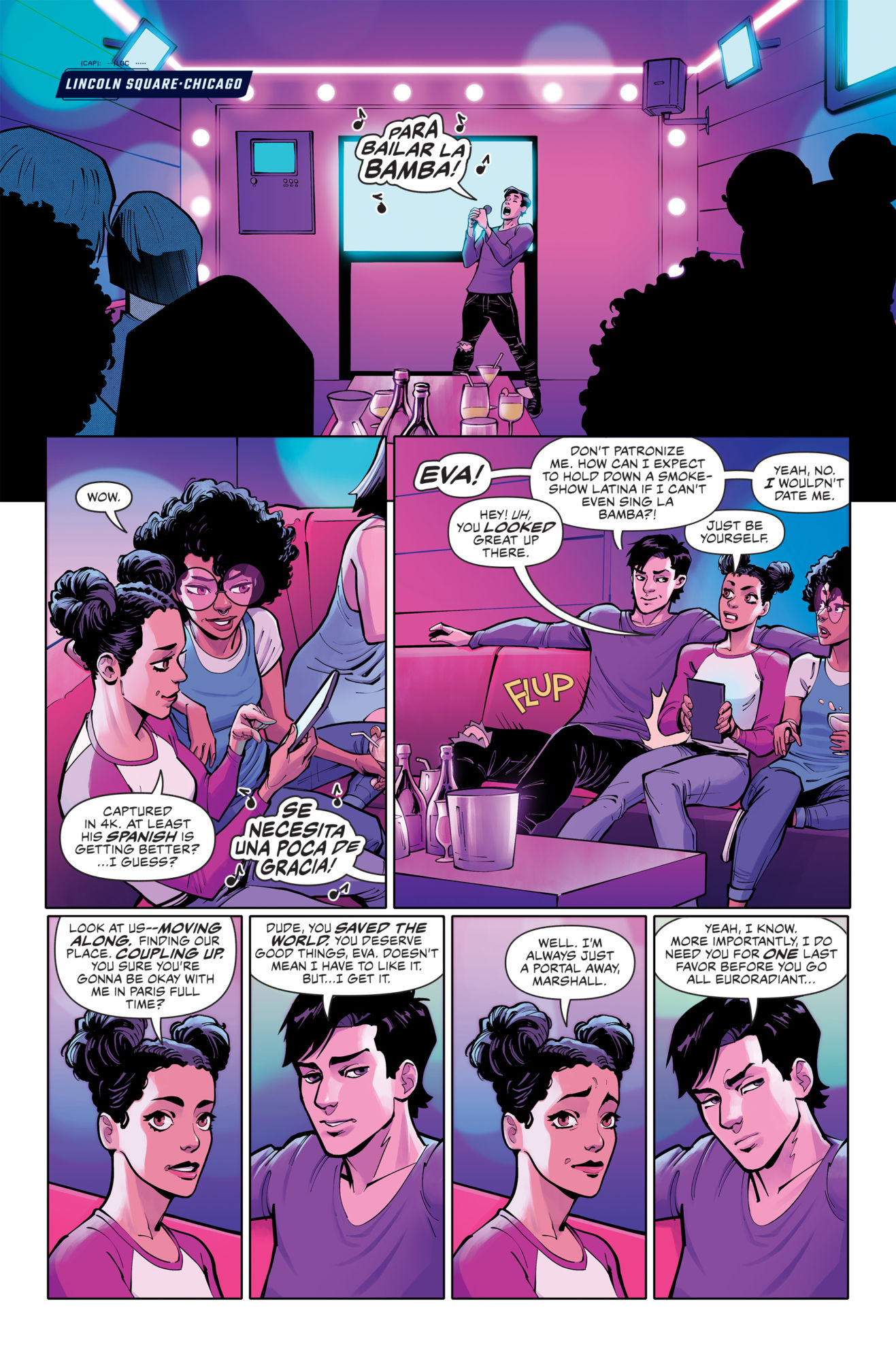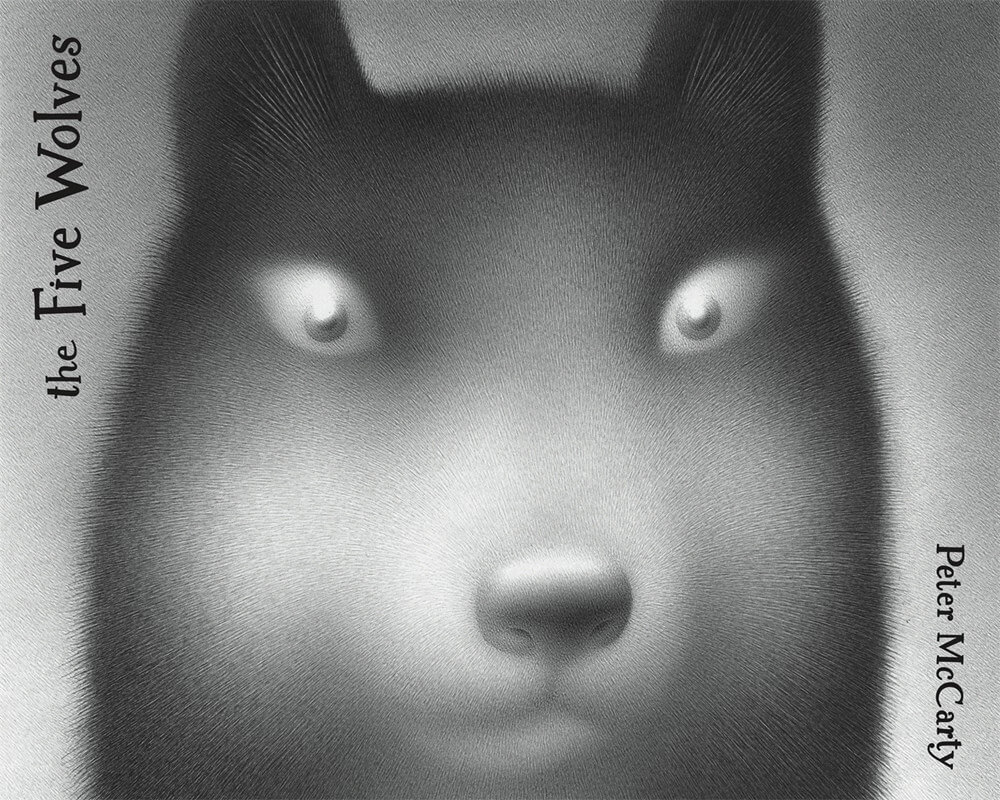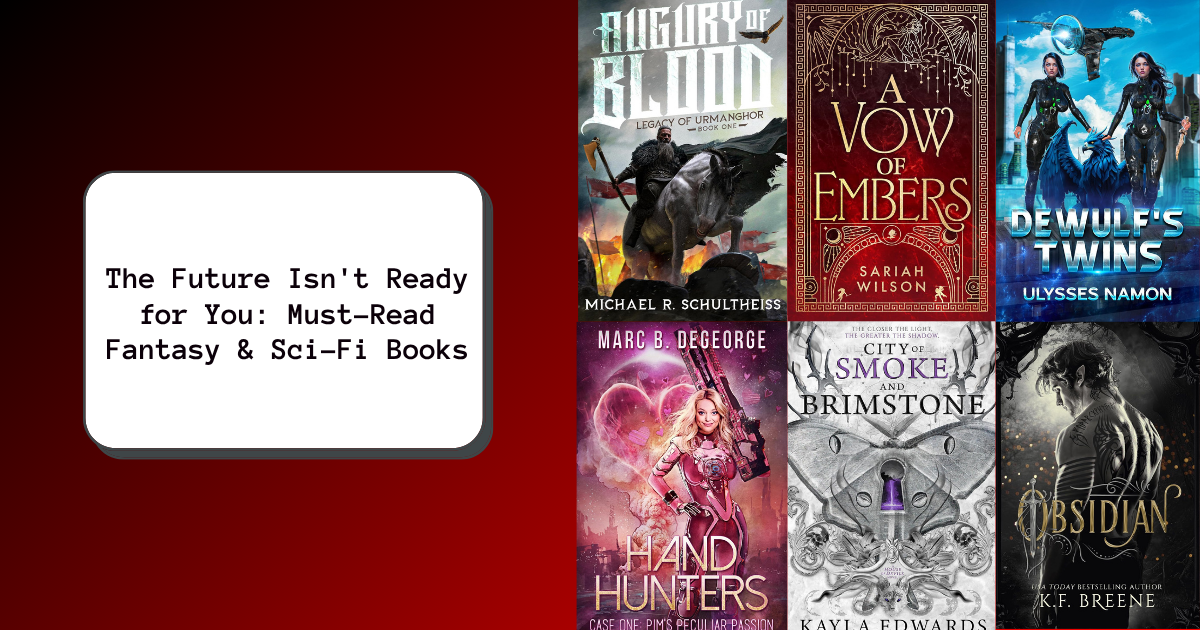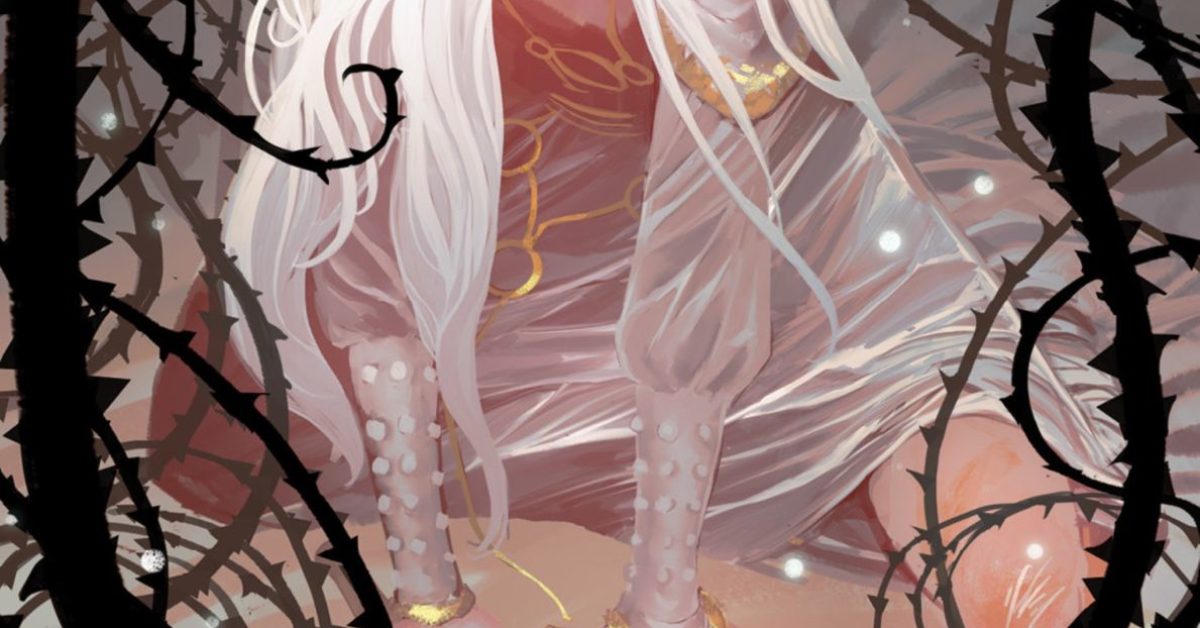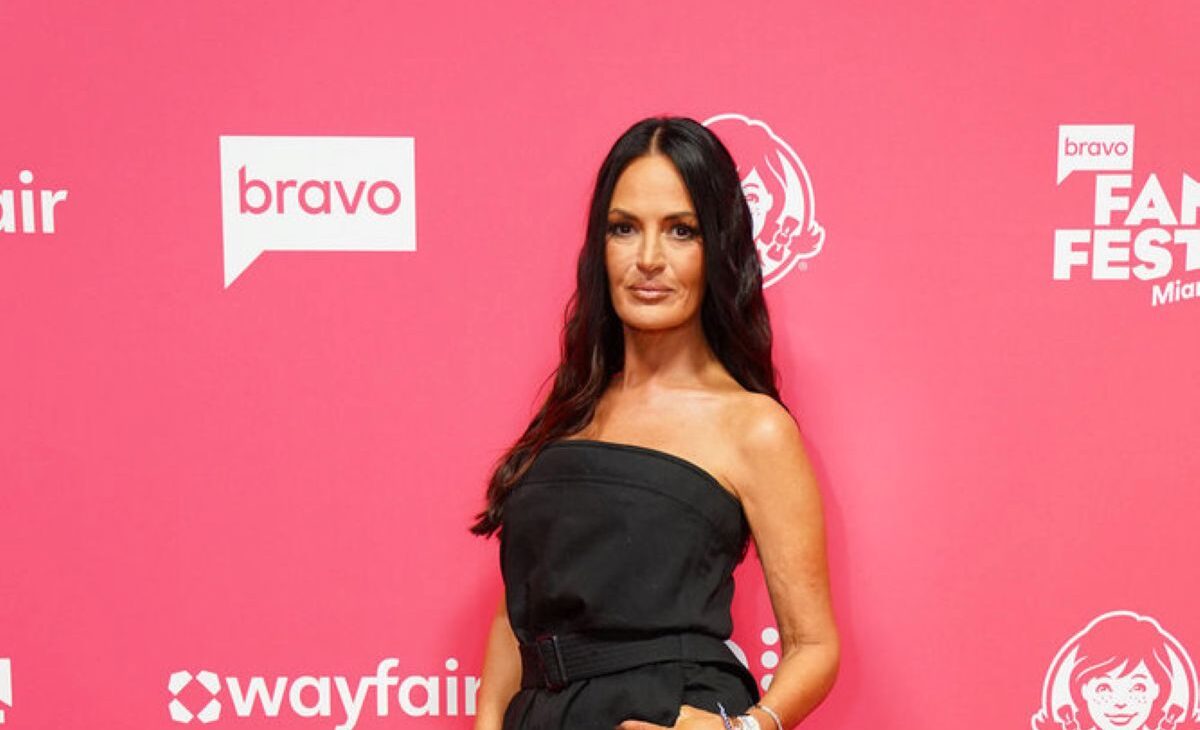Comix.One founder Saurabh Bhatia wants digital comics to do better for indie and small press. If there is one singular message the tech industry veteran wanted to get across in an hour-long discussion, it was this: he wants to create a platform that serves the self-starters and helps to reward their labours (with a decent webstore and comics reader, to boot).
With twenty years of experience in the trenches of software startups, the India-born/Australia-based software engineer has also nurtured a lifelong passion for comics, even going so far as to write his own and help crowdfund it. He has witnessed the problems for creators firsthand and wants to build a single solution in an ever-shifting landscape, one that has yet to settle following the absorption of comiXology fully into the Amazon ecosystem.
From discoverability between crowdfunding campaigns, building audiences, setting up web stores, and remunerative options – Bhatia and his dedicated small team at Comix.One sees a chance to help – and are brimming with ambitious ideas. Still in the early days, the company is about to launch its first app.
Can digital comics better serve the indie and small press community? Can they put the creators and readers first? Saurabh Bhatia hopes so – and would like Comix.One to be a potential answer. We asked him to find out personally below.
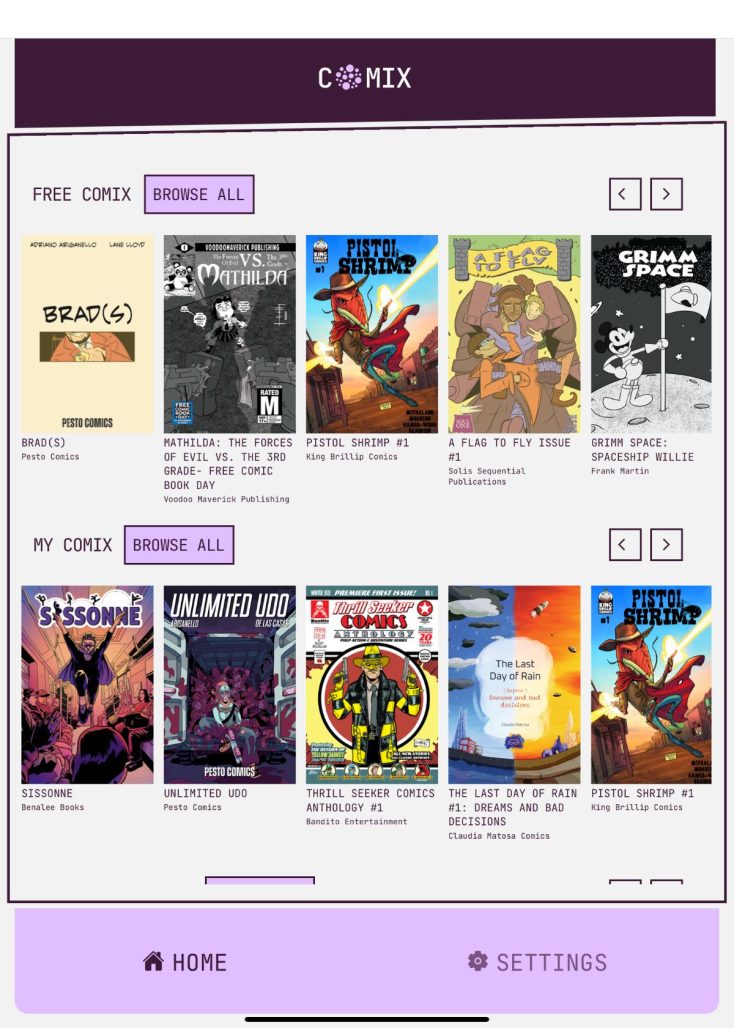

Dean Simons: Where and when did Comix.One emerge from?
Saurabh Bhatia: I’m in the IT industry. That’s my day job. I’m currently a CTO of a venture firm here in Australia, and I’ve done this for 20 years. Built software for several different companies globally, within Australia. In the last 10 years, the amount of work I’ve done here – if you are an Australian – there’s a very highly likely chance that you’ve actually used some of the software that I’ve built. (laughs)
I’ve always loved comics since I was a little kid. My dad, when he got me X-Men #1 by Jim Lee and Chris Claremont that was really the moment when I fell in love with comics. It was 1991, I think, and here I am [laughs]. I’ve always loved comics.
I’m also a writer and creator myself. In 2019 I ran my own Kickstarter with a bunch of folks called Monster Mashup, and it was quite an eye-opening experience for me. I learnt a lot. Just how to run campaigns – and I guess how comics are made in in this modern era. If you don’t want to go through a publisher and if you’re a self starter, if you want to go and self publish your books directly to the consumers, the readers. That was the way to go. That is still probably the best way to go.
Through that process, I also learned what are some of the problems that come with crowdfunding. Because creators have to do so much themselves. They have to do the marketing. They have to create all these beautiful pages on Kickstarter. They have to create videos. Not just that: After that’s done, they go and do all the shipping and packaging, and they have to ensure the quality of books is very high, and they have to coordinate with a bunch of people to actually get the comic done. If the creator themselves are not lettering the book, they hire a letterer and an artist and things like that. It’s a whole lot of work. Also once that crowdfunding [campaign] is done. There’s no real traction after that. The whole sales kind of stop, or just slow down significantly until you go back into another crowdfunding campaign, and you bring your books along with that.
So for me – and a lot of people, actually – when I finished my Kickstarter, a lot of people kept asking me “Where can I actually find your comic after your Kickstarter campaign has finished?” It kind of dawned on me: I think we need something that’s in between the crowdfunding campaigns. Where people can keep selling their stuff, keep finding new fans, keep finding new readership. They want to keep retaining these people who have come to their crowdfunding campaign; at the same time, they want to build a more dedicated readership so when they do another crowdfunding campaign down the line these new and existing fans both come along for that. So they don’t have to keep building the same kind of momentum every single time.
That’s where the idea started from. And I think it’s kind of taken its own life now [chuckles]. It’s become this whole thing where creators have been asking for a lot of different kinds of features and I’ve been trying to keep my ear really close to what creators have been asking for. Things like print-on-demand.
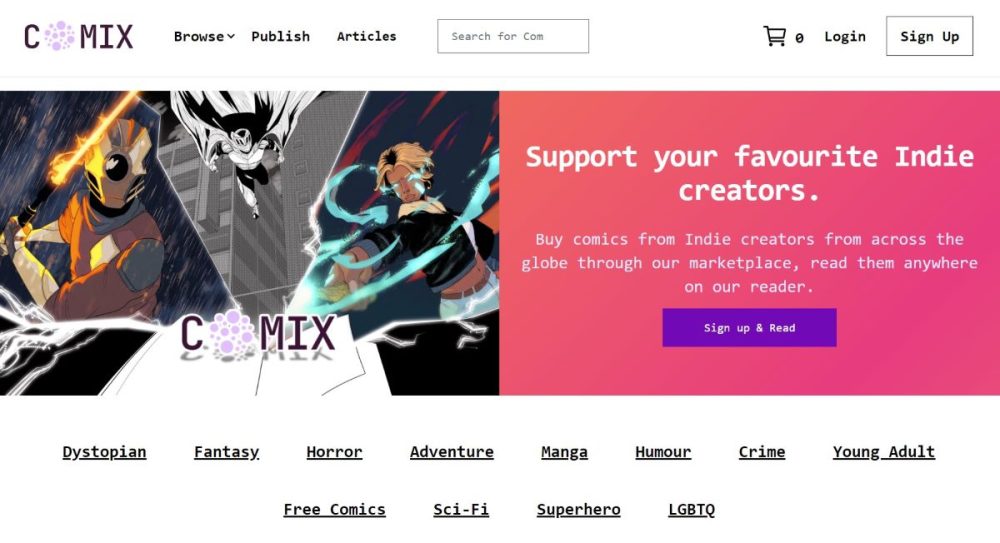

DS: Can you tell me what the Comix.One website does?
SB: The first product that we started with is a marketplace, because that’s the genesis of the idea [for Comix.One]. I wanted to give a post-market to the crowdfunded books, or the books that have already been created. Creators who had a catalog could come in and sell their books digitally. The website currently is basically a marketplace for digital comics. We are shortly releasing an iPad app and an iPhone app, which is actually ready to go. We’re just testing it with some of our creators and also end users – the readers – before we release it to the App Store. The last two weeks we have been constantly testing and fixing and improving things to keep it ready for the launch.
DS: What will the Comix.One iPad app and the iPhone app do? Would they be exactly the same as the website or will they have certain features added on?
SB: The first feature for the iPad and iPhone app is it’s going to be a reader, because we want this to be a world where the books that you’ve purchased don’t go away. They’re all DRM-free anyway so you can – even in the current state – download the books and keep them however you like. But we also give you an online reader and an iPad app.
The next two phases are quite crucial for us because we’re coming up with a social side of things where creators will be given a timeline view, where they can come in and post about their comics, about their work, and interact with their fans. They can bring their existing fans on the platform, and we’ll work with them specifically to tailor some of the marketing for them.
We have a creative support person we hired recently and she’s going to work alongside the creators to tailor some marketing according to the kind of books they write – for example, horror writers she’s going to talk to podcasts and publications that that are more suited for the horror crowd, and things like that. So we’re kind of going to work alongside our creators to promote their books and bring new fans on the platform. So the app is going to be the medium where they can actually interact directly with their readers.
DS: How have you been approaching creators since you’re based in Australia? Have you been making lots of trips overseas?
SB: [laughs] To be honest, no. I’ve just made one trip to the US this year, and I’ve been doing this for the last year and a half. My first wave was actually just DM-ing creators over Twitter and trying to talk to them, show them the prototypes that I had built, talking about their problems, the things that they have been facing. That’s essentially it.
I think creators in comics are so accessible and really easy to talk to, really easily available as well. I have had so many creators, where I just send them a DM on Twitter, and they just give me time to talk to them, and somehow things have worked well so far. I have close to two hundred creators on board with over 300 books on the website, and it’s growing. We have around fifty more creators who have applied, and we’re slowly onboarding them. It’s going good so far.
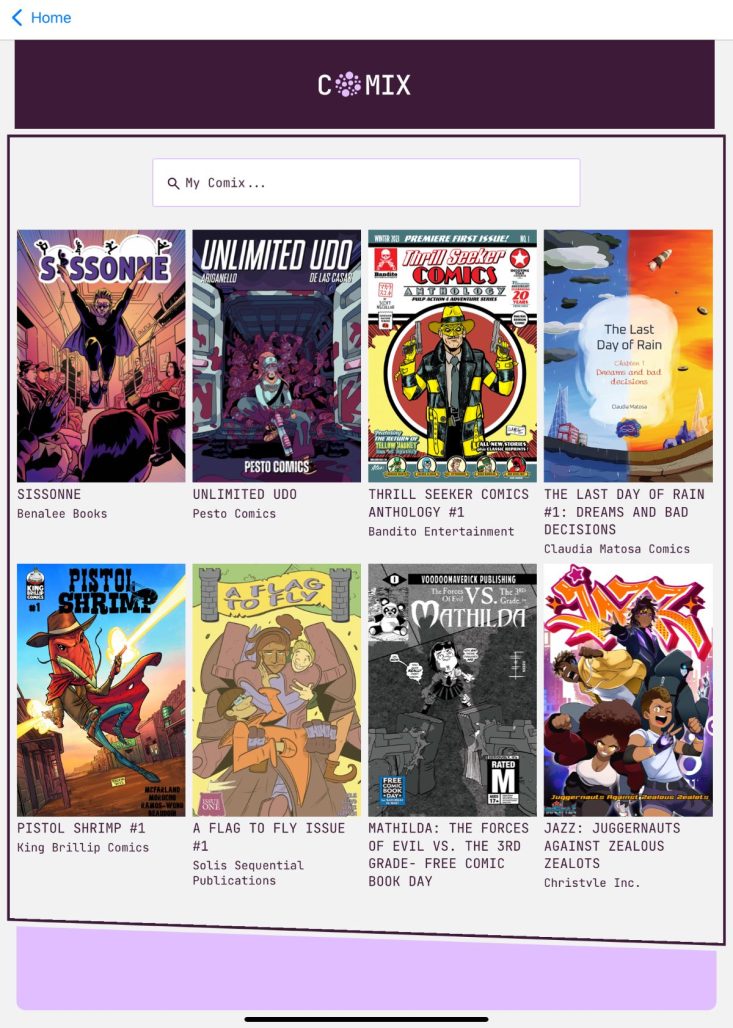

DS: You have been working on Comix.One for the past year-and-a-half?
SB: Yeah. I mean, I’ve laid the ground work way before that. But the idea has been in my head for almost seven years now. I know GlobalComix beat me to it. They did it first, but I think life happened and there were things that stopped me from doing this before the time I [actually] started.
But then there was this big push a year-and-a-half or two years ago, when I first spoke to some creators here in Australia. They were truly talking about exactly the problems that I was thinking of. That’s when I was like, “I think I have to do this now”, because the creators want these additional revenue streams. They want to keep talking to their fans. They want to keep growing their market, their readership, and all the support that they can get from any platform or any person who can do that.
Around a year and a half ago, I started a podcast – as you do in this day and age – and I started talking to a lot of these creators through the medium of podcasts. I tried to interview them, see where they’re coming from, try to understand some of their origins, how they got into writing and things like that. And obviously that also sparked some of the conversations, and they were ready to come on board after. I usually show them the website and platform after we finished the interview, and they became another channel to acquire a lot of [other] creators. So yeah, my first thing was to be as helpful as I can to the creators and the community. And I think a lot of creators found really good value in talking to me and being on the platform.
DS: You said GlobalComix beat you to it but how does Comix.One differ?
SB: I think, in principle, they are two different things. For the lack of a better analogy – GlobalComix is more like Spotify. People can go in and take a subscription and read as many books as they want to, whereas Comix.One is more of an á la cart model, something like iTunes, where they have to come in and purchase individual issues or story arcs and things like that. So that’s the basic, core difference between the two models.
I don’t want to compare myself to GlobalComix in any other way, but we have a big split. We do 85-15. We take 15% as a platform fee and everything else goes to the creators directly. We also do transfers in one day, so creators get paid the very next day there is a purchase on the platform.
That’s where the differences start, but we’re going to diverge a fair bit. I think GlobalComix hooks up to other crowdfunding systems, they work with creators to promote their Kickstarter, IndieGoGo and other campaigns. But we are going to start our own a crowdfunding platform. We have serious plans to do that. So yeah, we’re going to be different significantly.
DS: Will the crowdfunding platform be integrated into the Comix.One website or will it be a separate brand?
SB: It will be integrated into the same website. It will be part of the same brand. It’s very interesting, the conversation I [spoke with] this creator who wanted to do a [digital-only] campaign. [Another] creator wanted to do [digital] fulfillment for their books and usually the biggest problem for most crowdfunding to the creators is that they have to email people links to their Dropbox once the campaign is done (or Google Drive or something like that). The [first] creator asked me, “What if I uploaded all the books to your platform and gave all the readers a login ID for your website, and they just go in and read the books?” That’s where the digital fulfillment started to take shape. When creators end their campaign, they are simply going to upload the books and readers are going to get a notification that their books are ready to read. They can actually read it on the iPad or iPhone, or they can download and read wherever they want. We want that experience to be completely integrated and seamless within the platform. Once they log in, [readers] already have books ready to go for them.
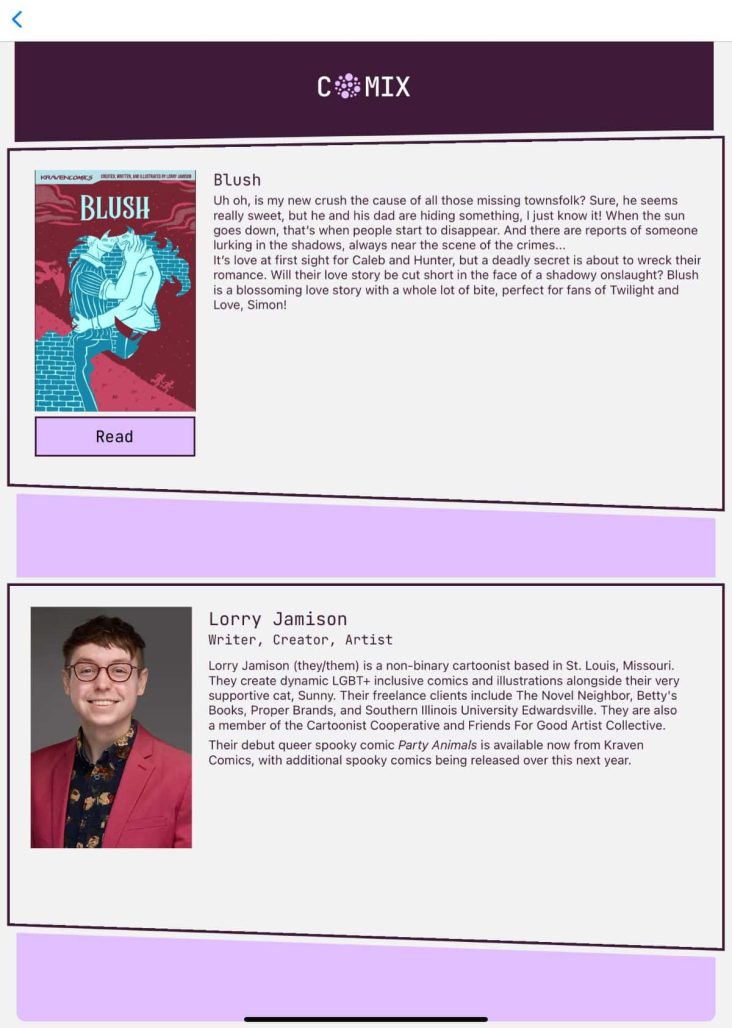

DS: We’ve spoken a fair bit about the problem-solving on the creator side. How have you gone about planning and preparing for the various issues that readers might have on Comix.One?
SB: With regards to readers we have been putting a lot of thought into two big pieces. The discovery bit, where we want readers to keep discovering new content and tailor that discovery to their tastes. If they like a certain genre, or, you know, they want to read certain kinds of books. A lot of readers want to read fantasy, science fiction, horror, you know, that’s their staple, at the same time we constantly get creators in these genres. So that discovery piece is really critical for us.
To want creators to be able to talk and interact – flipping the script – I have spoken to a lot of readers who actually really like to go and talk to the creators. They have fan theories about books they like and they have questions around. Especially in books that a lot of creators like to write ambiguous endings to…and have layers to their stories. Readers want to actually go and talk about these things. They would usually do it in a Reddit forum, but I would like them to come on the website and discuss these fan theories. Kind of like how IMDb had forums, and they had fans talking about these movies, and they had fan theories, or just talk about certain characters that they really like. From the reader side, that’s where I feel like the biggest push is coming from.
A lot of readers have issues around storing these books and losing links to all these books they had crowdfunded. They might have a hundred emails in their inbox from a hundred campaigns they had crowdfunded, and now some links may have expired, or they have just lost [them]. They’ve not read it but they’ve already lost the digital download for that book. So creating this whole vault around [your crowdfund “purchases”] – like, this is accessible to you forever. You have purchased this book, it’s not going to go anywhere.
We had this scenario where a reader had purchased a book from a certain creator, and the creator was tied to a publisher. Both the creator and publisher were on our platform, but the creator had a fall out with the publisher, so they decided to move away from them and go to another publisher. Now, for the creator it was really important that the book is still accessible to the reader. In a lot of scenarios we see…if I have a Google Play account, for example, if they lose rights to that, they just lose the book. We just lose the book or the movie that we’re watching. We [at Comix.One] ensure that’s not the case for the reader. We ensured that the reader get to keep reading the same book under the same publication label, and we will reach out to the reader as well. We can tell them that this is a scenario. If they want to download the book, they can download it, but we never removed it from their account. It’s still accessible to them forever. So for us that’s a really important part of the experience, that readers don’t lose the books that they’ve purchased and read, and it’s DRM free.
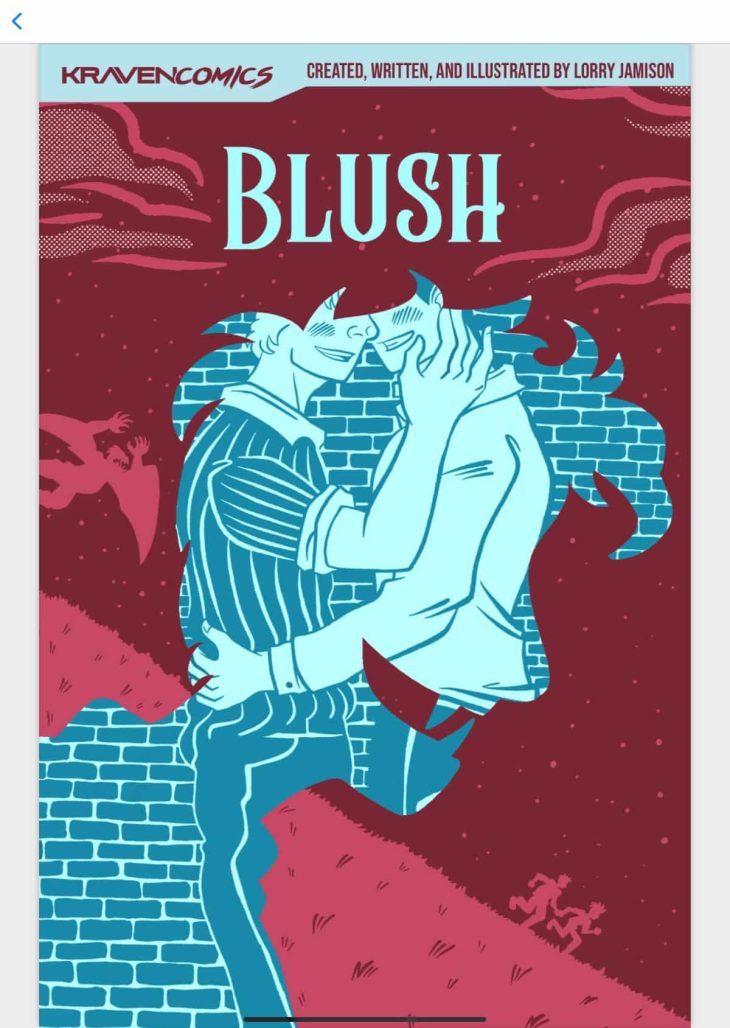

DS: How will readers be able to organize their library on the Comix.One platform?
SB: Currently we don’t have that feature – but we have two beautiful features for that [planned]. I think they’re due to be released sometime in November. We have been working on them.
One is, obviously, creating collections. So readers can create their own collections based on whatever way they want to. They can call it a list or, “My Christmas Reads”, or something like that, and then they can add books to those collections.
The other way we’re looking to do this is create “mood boards”. Just like Pinterest mood boards. The readers would be able to go in, favorite their books and organize them as mood boards. And this is pre-purchase. So they can actually do the whole cycle: they can favorite the books that they want to buy in the near future, buy all of them – buy the whole mood board – and then they can keep reading. We’ll just convert it into a collection once the mood board is theirs.
The Comix.One app will launch on iPad and iPhone October 1. Part 2 of the interview will be shared on Monday.

